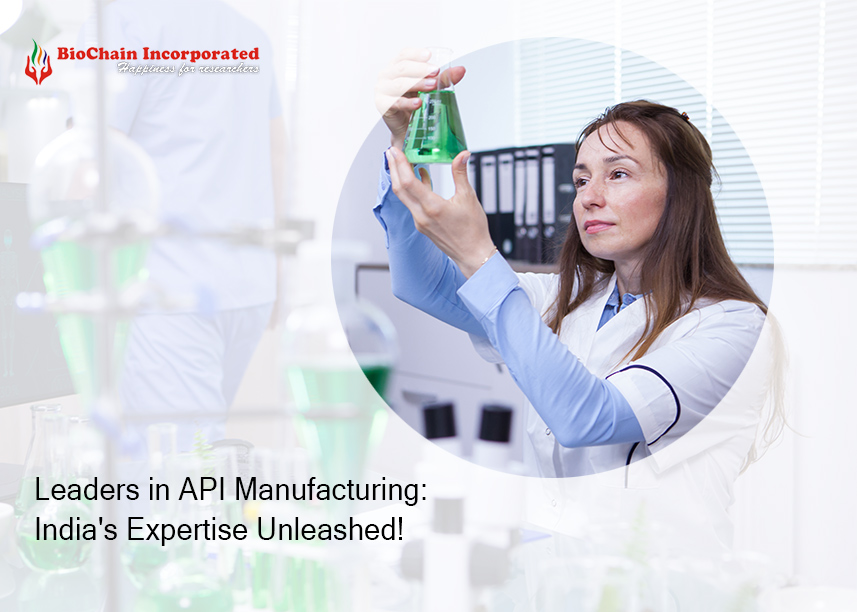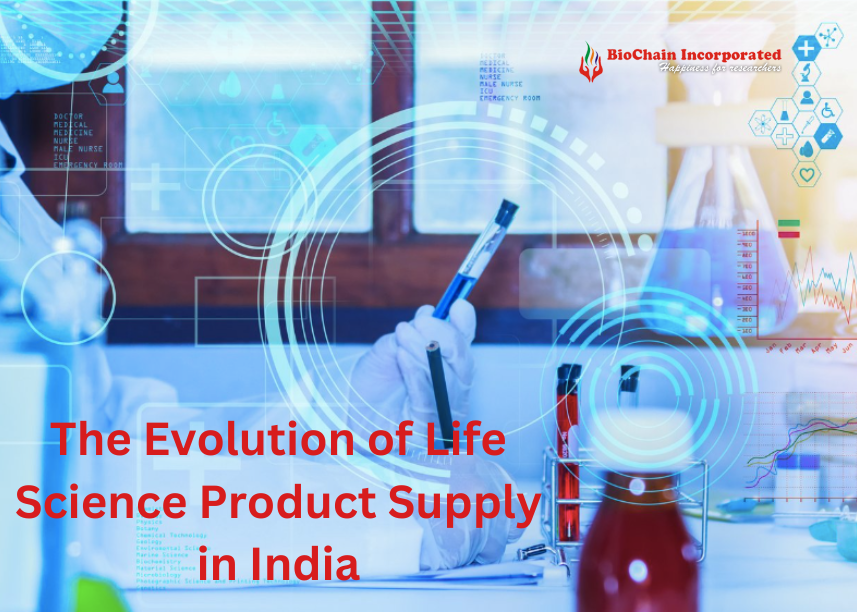The Dynamic Evolution of API Manufacturing Units in India
In recent years, India has emerged as a global powerhouse in pharmaceutical manufacturing, particularly in the production of Active Pharmaceutical Ingredients (APIs). This development demonstrates India's increasing strength in the pharmaceutical sector as well as its dedication to efficiency, quality, and innovation. Let's examine the important elements influencing the performance of API manufacturing facilities in India and take a closer look at their amazing journey.
The Rise of Indian API Manufacturing:
In the last few decades, the Indian pharmaceutical sector has seen a dramatic change, going from manufacturing primarily generic drugs to establishing itself as a hub for API development. This development is a result of several factors, including cost savings, a skilled labor pool, and robust regulatory environments.
Cost Advantage:
India's cost advantage is one of the main factors contributing to its supremacy in the production of APIs. Because of the nation's cheap labor costs and plenty of raw materials, producers can make APIs at a far lower price than in Western nations. India's cost-effectiveness has made it a sought-after destination for pharmaceutical companies searching for high-quality but cheaply priced APIs.
Workforce with Skill:
India has an abundance of highly qualified individuals, like as engineers, chemists, and researchers, who are essential to the creation and manufacturing of active pharmaceutical ingredients (APIs). Due to the abundance of trained labor, Indian manufacturers are now able to innovate, streamline operations, and uphold strict quality standards, making them dependable collaborators for international pharmaceutical corporations.
Regulatory Compliance:
India has implemented stringent regulatory standards for pharmaceutical manufacturing, ensuring that API manufacturers adhere to international quality and safety guidelines. Regulatory bodies such as the Central Drugs Standard Control Organization (CDSCO) and the Indian Pharmacopoeia Commission (IPC) oversee the licensing, inspection, and certification of API manufacturing units, fostering trust and confidence among domestic and international stakeholders.
The Role of Technology and Innovation:
Innovation and technological advancements have been instrumental in propelling the growth of API manufacturing units in India. Manufacturers have invested in state-of-the-art infrastructure, advanced equipment, and research facilities to enhance efficiency, productivity, and product quality. From process optimization to green chemistry initiatives, Indian API manufacturers are continuously innovating to stay ahead in the global market.
Sustainability and Environmental Responsibility:
In addition to focusing on quality and efficiency, API manufacturing units in India are increasingly prioritizing sustainability and environmental responsibility. Manufacturers are adopting eco-friendly methods, cutting waste creation, and creating cleaner production processes as a result of increased public awareness of environmental issues. Indian API producers are improving their reputation as socially conscious companies and reducing their environmental impact by adopting sustainability.
Future Prospects:
With sustained investments in R&D, technological innovation, and infrastructure improvement, the future of API manufacturing in India appears bright. The increasing demand for medicines worldwide has put Indian manufacturers in a strong position to take advantage of new opportunities and solidify their position as the industry's top provider of premium APIs.
In conclusion, the development of API manufacturing facilities in India is evidence of the nation's tenacity, inventiveness, and dedication to excellence in the pharmaceutical sector. Indian manufacturers have solidified their status as reliable partners for pharmaceutical businesses globally by utilizing economic advantages, trained labor, regulatory compliance, technology, and sustainability initiatives. India's API manufacturing sector is positioned to achieve even greater success as the industry develops, leading innovation and influencing the direction of healthcare globally.



.png)

.png)


.png)
.png)
.png)
.png)
.png)